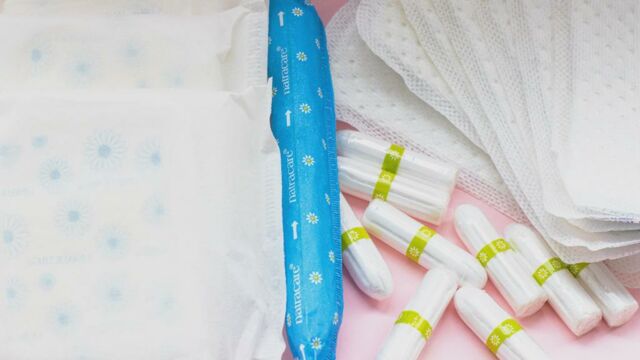A study indicated that COVID vaccines could lengthen a woman's menstrual cycle by one day. Compared to unvaccinated people, those who received one dose of a vaccine during their menstrual cycle noted that their cycle had lengthened by up to a day. Pfizer and Moderna vaccines were given to the majority of vaccinated participants of the study.
Discover our latest podcast
The study was conducted by the National Institutes of Health (NIH) and led by Dr Alison Edelman from the Oregon Health and Science University in Portland. According to their findings, the impact on the menstrual cycle is within the range of normal fluctuation. Since it is normal for periods to vary from month to month.
Duration and more?
According to health officials, Covid booster shots defend against Omicron and give people the best chance of surviving the pandemic. As such, a minor change in the duration of the periods seems manageable. However, it may not be the only affected part of the cycle. Dr Edelman believes that more research is needed to see how the Covid vaccine affects other menstrual features like pain, mood swings, and flow heaviness.
The director of the National Institutes of Health's Eunice Kennedy Shriver National Institute of Child Health and Human Development (NICHD), Dr Diana Bianchi, said:
It is reassuring that the study found only a slight, temporary menstrual change in women. These results provide, for the first time, an opportunity to counsel women about what to expect from COVID-19 vaccination so they can plan accordingly.
Apparently, not much research has been done on how Covid vaccinations or vaccinations, in general, affect the menstrual cycle. However, The International Federation of Gynaecology and Obstetrics classifies a shift in cycle length as standard if it is less than eight days.
Science of it
To understand the reason for the change in the cycles, data from the fertility tracking app - Natural Cycles. For the readings to be accurate, users had to submit information about their temperature and menstrual cycles. The data for vaccinated people were gathered from three consecutive cycles before they were vaccinated and three consecutive cycles after they were immunised, including the cycle or cycles in which they were vaccinated. Unvaccinated people had their data taken for six cycles in a row.
The first vaccination dose was linked to a 0.71-day increase in cycle length, whereas the second dose was linked to a 0.91-day increase. Meaning, users who were vaccinated over two cycles had an increase of less than one day in each of their vaccination regimens. Further, 358 app users who received two doses of the vaccinations during the same menstrual cycle, observed up to a two-day increase in their period length. According to the researchers, this difference appeared to diminish in subsequent cycles, implying that the menstrual changes are transient and will pass in a short period.















